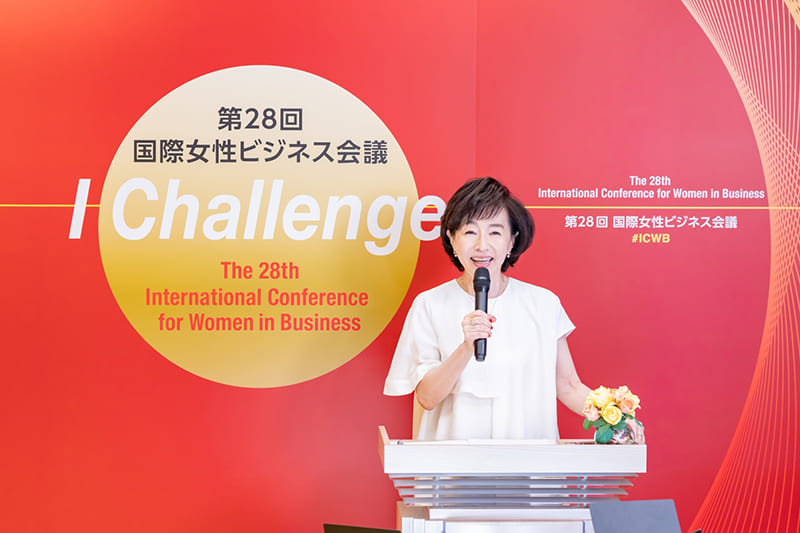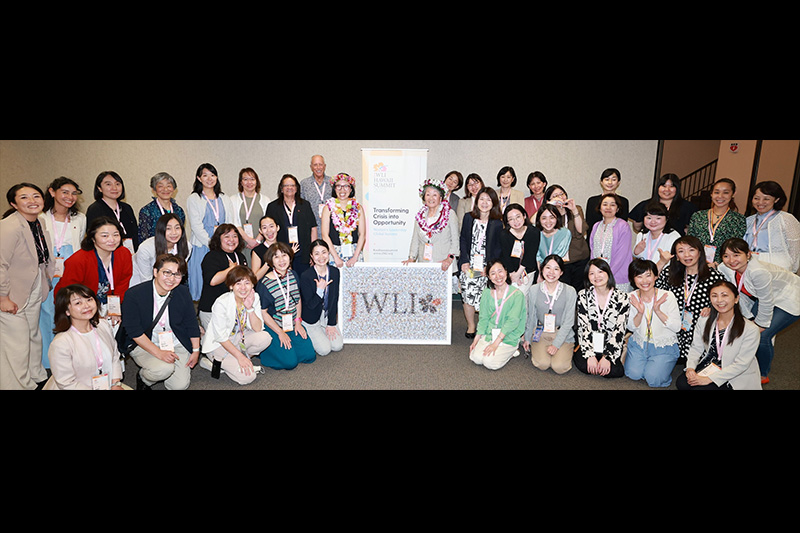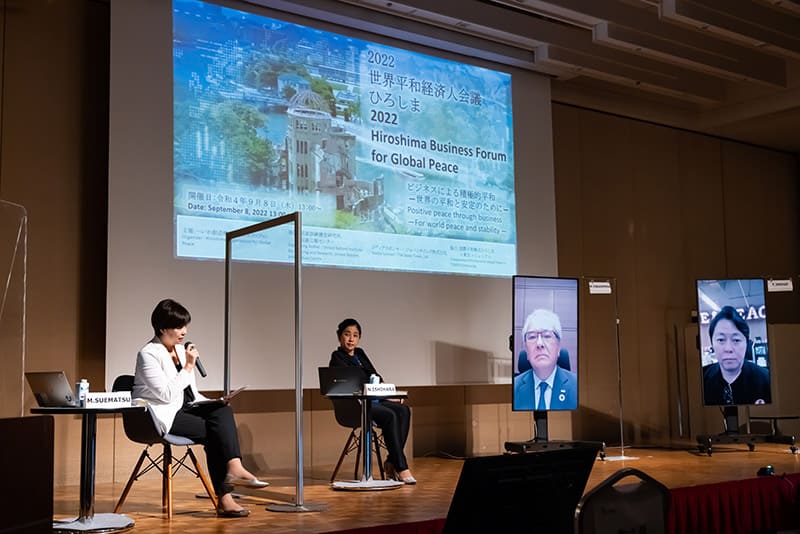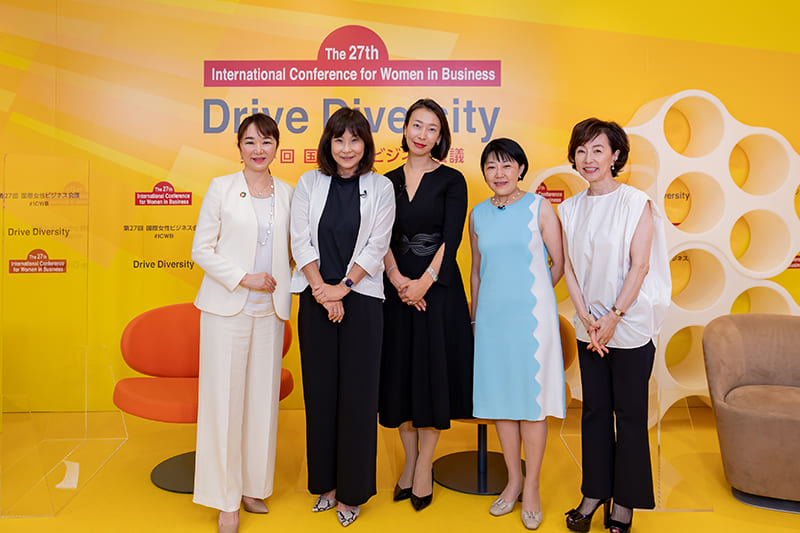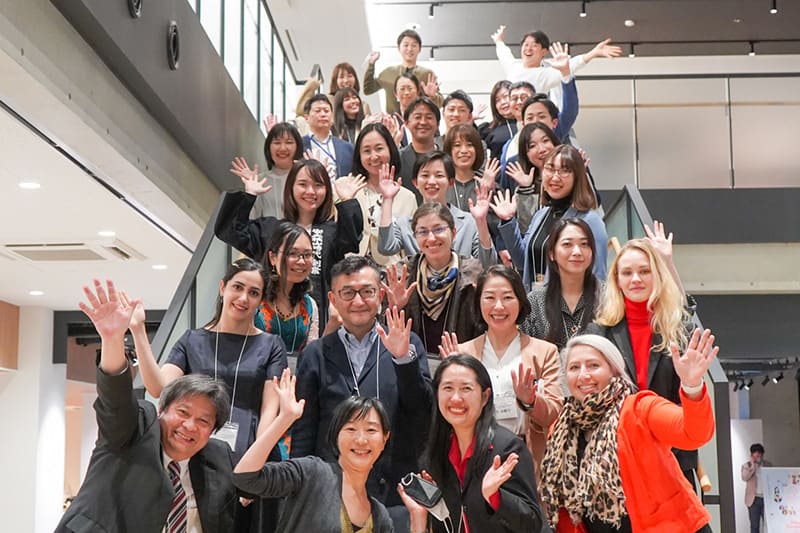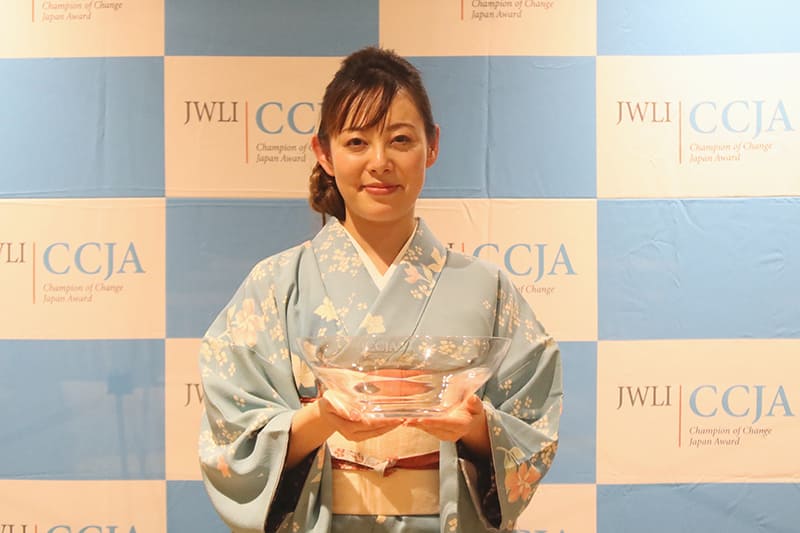August 04, 2025
Women’s network pioneer Sasaki reflects on progress, challenges
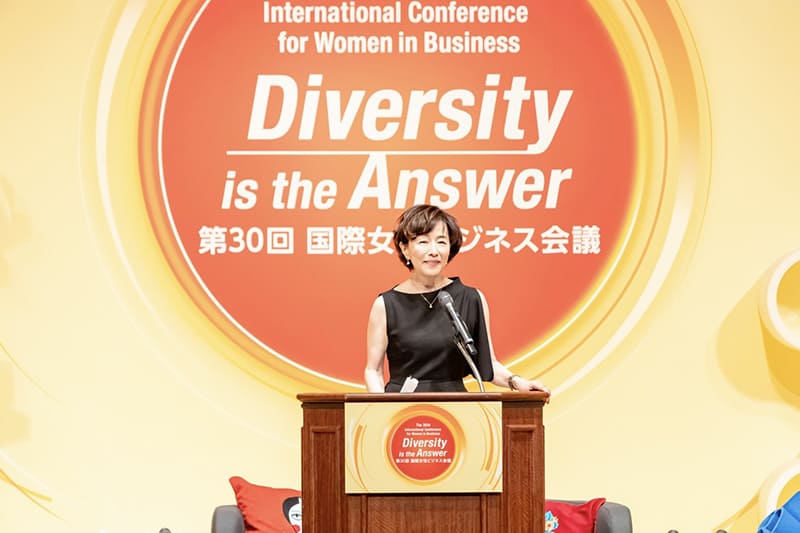
One brave person creating a space for those without a voice to finally be heard is how real change starts.
Thirty years ago, Kaori Sasaki observed that there were no dedicated networks or organizations for women in business anywhere in Japan. In 1996, she founded the pathbreaking International Conference for Women in Business. Japan currently ranks at 118 out of 148 countries on the Global Gender Index Report, a sobering contrast to its reputation for innovation and modernity, and the lowest ranking among the Group of Seven nations.
The challenges faced by Sasaki and other ambitious women trying to establish careers amid the corporate climate of 1996 were even more intense, with little effort made to hide open gender discrimination. On the precipice of the 30th anniversary of Sasaki’s first conference, she shared her insights and observations as she reflected on the past three decades.
When Sasaki first hosted the conference, she had no choice but to hold it on a Sunday, since women weren’t permitted to take time off work to attend business-related events. The average woman’s tenure in the workforce was six years, since it was not uncommon for large companies had explicit regulations mandating women to “retire” once they got married.
Still, there were always smart, talented women who took their careers very seriously. A percentage of the female workforce opted to persevere regardless of these discriminatory policies.
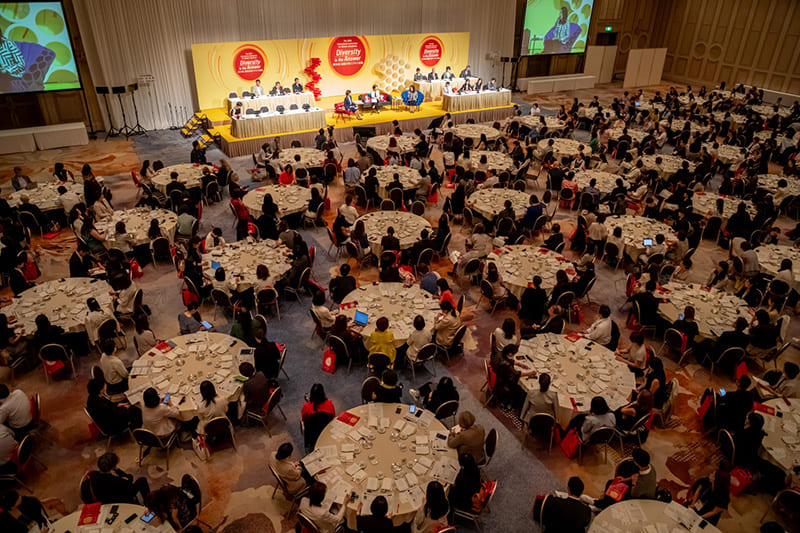
As there were no resources to connect these women or help them navigate male-centered work environments, Sasaki took it upon herself to create a network herself. She wanted the pockets of talented women spread across the workforce to feel less isolated and have a place to exchange information and skills. “It wasn’t meant to come from a social activist approach; it was meant simply to connect with each other, learn more about business skills, improve and contribute,” she said.
For its first 10 years, the International Conference for Women in Business was focused solely on women coming together to learn new skills, network and share their experiences. It is a 10-hour intensive seminar meant for serious businesswomen, and is not for the faint of heart. Women paid the fees themselves and attended solely in order to improve themselves and connect with other like-minded women. It was always on a Sunday, and it remained ignored by mainstream business society.
In 2014, things shifted drastically when Prime Minister Shinzo Abe became aware of the conference and personally attended, saying that women should “shine” in the workforce. Suddenly, companies started to cover the conference fee and send both male and female managers to the conference. While this helps to create wider awareness of the importance of diversity, it also brings the danger of shifting the conference from an earnest environment of self-starting women to include people who are there only out of obligation. People have even begun requesting the conference be moved to a weekday for convenience, forgetting its origins.
Despite these too-fast changes to the conference and too-slow changes to the realities women face in the workforce, Sasaki remains optimistic on the value of the events and the future of women in business.
The theme for this year’s conference was “Diversity is the Answer.” Sasaki had 20 seminars and 70 keynote speakers. She treats the events like a movie production: She writes the script, does the casting and is the director. Throughout the progression of each conference, she wants to mirror the story of a day in the life of a woman in business. This framing instinctively creates a sense of empathy as one goes through the day. Sasaki hopes to plant seeds of genuine progressiveness in the minds of attendees, and for both male and female leaders in business and politics to become advocates for real change rather than cheering for platitudes.
After 30 years of making a difference in the lives of women seeking to make serious contributions in their careers, it is clear that Sasaki’s impact has not only been significant, but that founding the International Conference for Women in Business was far ahead of its time within the Japanese corporate world. Although progress remains slow, there is no denying that her strength of character, empathy and perseverance have set a precedent for the next generations to carry on the ethos of her work.
“We run, but other countries run faster,” she said, and urged both men and women to think deeply about their role in either reinforcing the status quo or contributing to a brighter future where women can thrive in the workforce without first having to overcome invisible obstacles and “prove” themselves.
There has never been a shortage of intelligent and talented women, only a shortage of real opportunities and resources for them. As the world continues to shift unpredictably, society can’t afford to ignore half of the population’s potential to contribute positively.
One thing is true: Kaori Sasaki will never stop advocating for diversity in the workplace.

